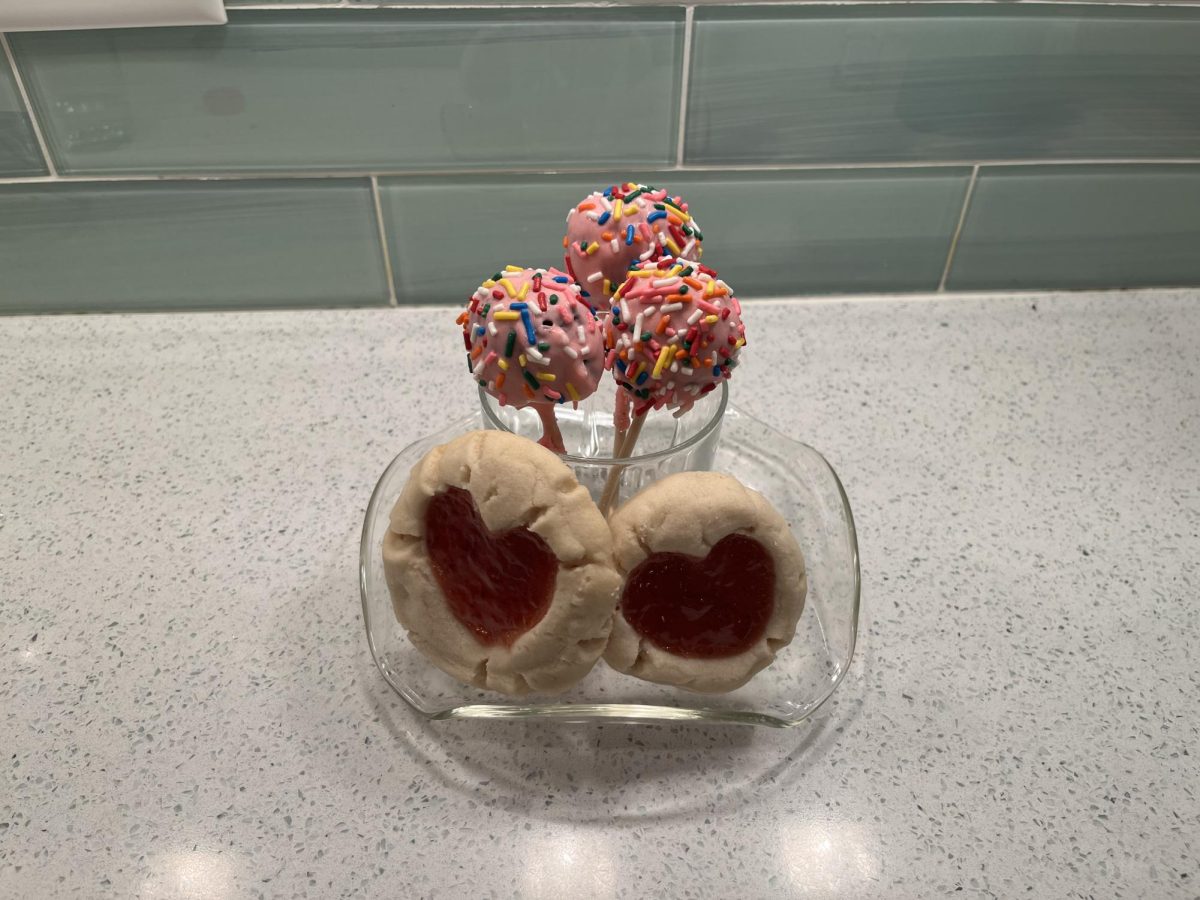Stay sus
April 22, 2022
Oftentimes, sustainability can be a daunting lifestyle to live. You need to eat no meat, no dairy, ride your bike everywhere (don’t even think about flying), use absolutely zero single-use plastic, thrift all your clothes (but don’t take clothes from lower income people who need it), compost all of your food scraps, and obviously only use energy from renewable sources, no matter how expensive it is.
You need to store your leftovers in aesthetic glass containers, use expensive plastic-free detergent, soap, and shampoo alternatives, and spend a fortune on an electric car and solar panels.
Although this unachievable lifestyle is heavily promoted by #vegan #nowaste #organic social media influencers as the only solution to climate change, it isn’t viable for a single person to do all at once. Instead, it can often turn more people away from sustainability rather than inspire actual change in their lives. Realistically, it would make much more of a difference if everyone did what they could to be more environmentally conscious in their everyday lives, instead of striving for perfection in every area.
Sustainability doesn’t have to be the big deal that many make it out to be. Anyone can use a reusable water bottle, try to buy less of what they don’t need, or make vegan switches that are convenient for them. You don’t have to be doing all this with the mindset that you alone are going to change the world, because realistically, you won’t, and no individual person will for that matter. It’s more important that you’re able to recognize the degradation that our collective actions as humans have caused to the earth, and make an effort in one way or another to change wasteful habits you may have.
According to the United Nations, if people worldwide switched to energy-efficient light bulbs, the world would save $120 billion annually. The BBC reports that if everyone went vegetarian, emissions related to food would drop by 60%. If everyone in the country recycled one plastic bottle, the materials could be repurposed to make over 54 million T-shirts, according to USA Today.
Although it’s entirely unrealistic to expect every single person to get on the same page, these statistics prove the power we have as consumers to create actual change, even if it feels pointless in the moment. It can be easy to act ignorant to the state of the climate or blame large corporations as the only ones causing the problem, but we collectively have more power than we realize.
Personally, some of the easiest sustainable actions I’ve found to be effective and doable are eating less meat, bringing my own water bottle everywhere, recycling whenever I can, and only buying things that I know I will use for years into the future, among various other habits. This is what I’ve found is doable with my resources, time, and abilities, but might be vastly different from what you, or others, find works for them.
The point is not to do everything all at once and have sustainability become a burden, but rather to integrate it into your life as a permanent lifestyle, so we can all work together to reverse climate change and extend the lifetime of our precious Earth.


















![Movie poster for [Rec] (2007).](https://www.lionnewspaper.com/wp-content/uploads/2023/04/rec-640x900.jpg)










